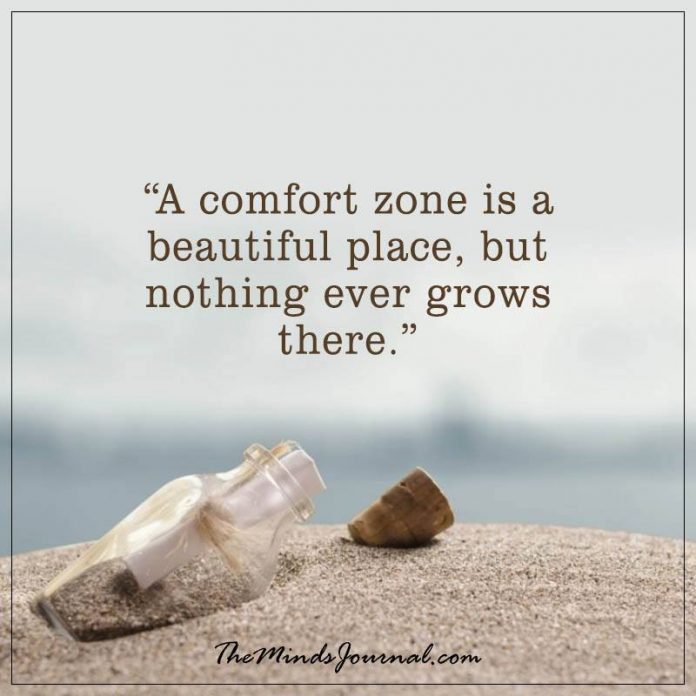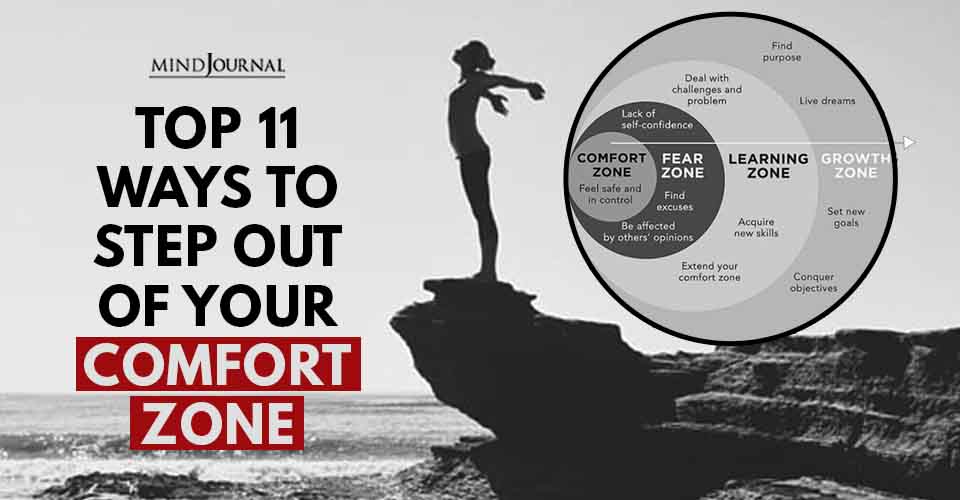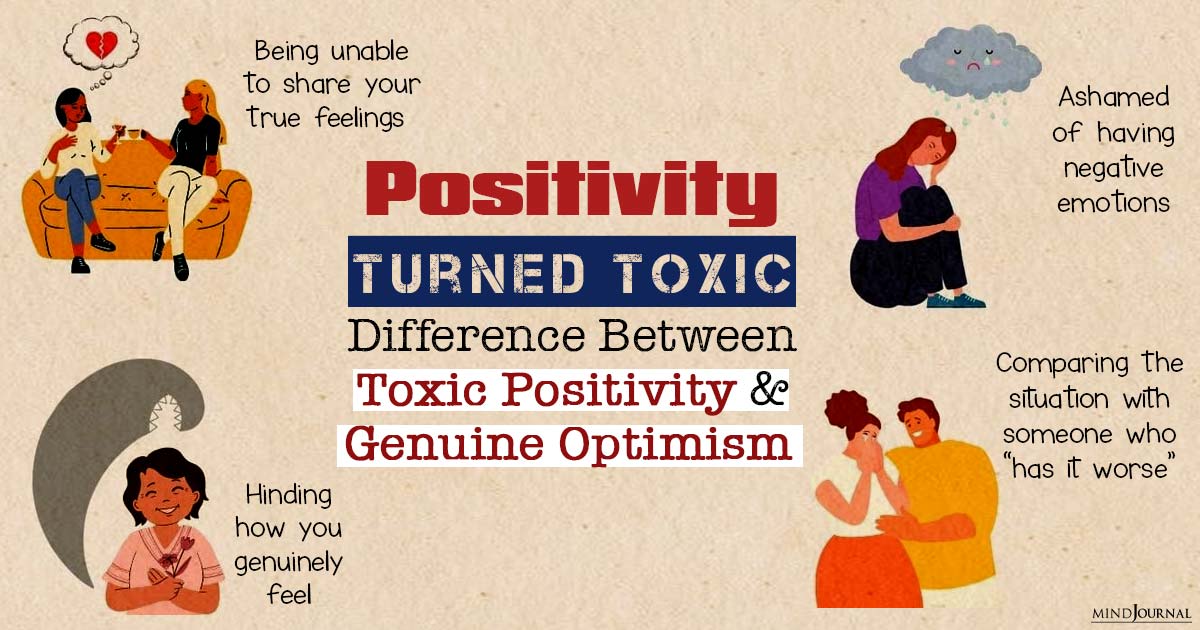Are you stuck in your comfort zone? If you’re feeling stuck and not where you want to be in life, you might be.
I get it. Life gets busy. As women, we are wives, moms, career women, caretakers and so much more. We put others before ourselves and as time goes on, forget who we really are at our core. It’s easy to get used to life being the same ol’ same ol’ all the time.
But is that the life you want?
Ist’s easy to start to accept what’s put in front of us, even if it isn’t exactly what we want.

Don’t get me wrong, your comfort zone can feel like a beautiful place…it feels easy and familiar, but nothing ever grows there. If you’re finding your life lacking joy and purpose and want to create a life that feels full and exciting, you need to stretch yourself and start to peek outside your comfort zone.
It’s where the magic happens.
Truly.
Staying inside your comfort zone is what is safe and easy. If you’re afraid to leave it and take risks, you’ll never really learn who you truly are. Taking risks will show you what you’re made of, and it will also build confidence and open doors to growth and positive change.
It’s impossible to grow and learn while you’re stuck inside your comfort zone. It’s kind of like a well-worn path. If you’re going to stick to that path, you’re going to see the same old stuff you’ve always seen before, and the same old stuff that everyone else sees. Don’t follow the well-lit path – instead, grab a machete and blaze your own trail so you can see your own unique scenery.
If you stay in your comfort zone during difficult times, you’ll end up prolonging them. Have you ever heard the saying “the only way through is to move through”? If you avoid your struggles, you won’t grow, and growing helps you move through your struggles. You need to be brave enough to move through them so you can see what’s on the other side.
When your life becomes routine, you lose a part of yourself. If you stay comfortable for too long, you can become bored, lazy and too content. You stay stuck in the status quo and end up settling for less than you deserve.
If following the crowd is too comfortable for you, you’re going to get lost in the shuffle.
You’ll never really find true joy because you’re just going through the motions without feeling true passion for anything. When you blaze your own trail, you end up finding opportunities you wouldn’t have otherwise found. You’ll become a leader. You’ll find more meaning and purpose in your life.
When you stay in your comfort zone, it actually begins to shrink around you over time. You’ll experience frustration, stagnation, and the feeling of being stuck.
It’s disempowering because you relinquish your power to do anything to improve your situation. And you are actually capable of choosing what you want your life to look like. You don’t have to settle.
Why Do We Get Stuck In The Comfort Zone?
Simply put, fear.
Fear of the unknown. Fear of failing. The fear of looking stupid or not knowing how to do something. The fear of not having enough or being enough. And though it may seem odd, the fear of success.
Fear is a powerful emotion. It can be valid, but usually not helpful unless you’re about to get attacked by a bear or run over by a car.
When fear stops you from learning a new skill, applying for your dream job or meeting the love of your life, it’s counterproductive and is keeping you in your comfort zone. Your comfort zone is NOT where the magic happens!
So How Can You Get Out of Your Comfort Zone?
You don’t have to let life happen to you. The hand you’re dealt doesn’t have to be “it”.
Stretching yourself and being ok with a little discomfort is going to pay dividends when it comes to feeling more happiness, purpose and fulfillment in your life.
1. Replace the Fear of the Unknown with Curiosity
Uncertainty can be scary, for sure. I get it. But I invite you to ask yourself when the last time you were 100% certain that your plans in life were going to turn out how you thought.
Nothing in life is guaranteed. Nothing.
So, I challenge you to look at your fear of the unknown and instead of fearing it, get curious about it. What about the unknown are you afraid of? Lack of control? Are you fearing a worst-case, unlikely scenario?
Try to reframe how you think about the unknown. Would life be any better if you knew every second of every day how things were going to go? That wouldn’t leave room for any adventure!
How can you reframe your fear of the unknown?
Related: The Fear of Public Speaking: Here’s How You Can Overcome It
2. Make it a Habit To Try New Things Even if They’re Small
Pushing yourself out of your comfort zone doesn’t have to be a huge undertaking. If you’re someone who feels uncomfortable in new situations or doing things that scare you a little bit, try doing little things that you feel resistance to.
Have you always wanted to learn to golf, but you’re afraid of looking like you’re uncoordinated? Try going to a driving range by yourself, or with friends, at a less-busy time. Get that under your belt until you start to feel more comfortable.
Or maybe you’re afraid to eat alone at a restaurant. I used to be, and I know lots of people that are. Push yourself to do it. See how it feels.
There is a quote, “do one thing every day that scares you”, often misattributed to Eleanor Roosevelt, but actually coined by Mary Schmich, a contributor to the Chicago Tribune, in 1997.
Doing things that make you a little uncomfortable will help you get used to discomfort. Doing those things will help you stretch yourself, peek over the edge of your comfort zone.
The great news is that the more you do that, the easier it will become. And your comfort zone will expand, not shrink!
3. Switch Up Your Routine to Get Out of Your Comfort Zone
When you have the same routine day in and day out, it is easy to feel stuck in a rut. Our brains love the familiar and once you’re on that well-worn path we talked about earlier, it’s hard for your brain to make venturing off easy.
You’ll be happy to know that you can rewire your brain to form new connections – new paths.
Try switching things up a little bit at a time, even if it feels a little uncomfortable. Who knows what that might open up for you!
4. Practice Self-Awareness
A lot of times, we don’t realize that we’re hanging out in our comfort zone all the time.
Start to notice where you feel resistance to doing certain things. Are there times you have the opportunity to do something but choose not to because it feels uncomfortable, or stressful?
Really tune in to how that fear or discomfort feels in your body and your mind. What emotions are you experiencing? How is fear showing up in your body? Does your chest get tight? Do you get butterflies, or maybe a wave of heat rushes over you?
I suggest journaling a lot in my writing, but I highly recommend recording your findings. It can be a great help!
Related: Self-Awareness vs. Self-Consciousness: The Confidence Perspective
5. Keep a List of Growth Goals
I’m a big fan of brain dumps. Take some time and brainstorm all of the things you’d like to accomplish in your life. Big things, small things, seemingly trivial things… get them all down on paper (or on a computer).
Pick a few to focus on in the short term. How can you take steps to grow so you can reach those goals?
Side note: I have a really awesome intro offer called the Clarity Kickstart where I help you zero in on a few goals and create an action plan to get there. It’s a great program you should totally check out at kortneyrivard.com/claritykickstart.
6. Create a Compelling Reason to Get Out of Your Comfort Zone
Without a good reason, dealing with discomfort is going to be really tough. You need a WHY.
Let’s say you want to lose 20 pounds. But you are an emotional eater, and ceasing your emotional eating is going to cause you to take on some unwanted stress.
Dealing with the discomfort of added stress and emotions you don’t want to feel is going to be a tough sell unless you have a really good compelling reason.
Be sure to dig deep and really get to the heart of what your “scary goal” means to you. Losing 20 pounds might mean that you don’t get winded when you’re playing with your kids, which will lead to more joy in your life and better relationships with your family.
Whatever resonates deeply with you is a good compelling reason.
7. Reframe What “Comfortable” Means To You
Take note of what you feel in your comfort zone. Safety? Security?
But also think about the fact that you may feel bored, stagnant, blah, lacking purpose and joy. Your comfort zone might feel familiar and comfy, but it also is where your dreams go to die.
Try reframing “comfort” to mean growth, challenge, learning and purpose.
8. Have a Chat With Fear
There is a lot of talk out there on being fearless, or nipping fear in the bud. I don’t agree with that. You are always going to be afraid of things. Fear doesn’t just go away.
Your fear is trying to protect you because you’ve been wounded in the past. But usually, fear tries to protect you from things you don’t need protecting from. Fear ends up protecting you from growing.
In her book, Big Magic, author Elizabeth Gilbert wrote a Manifesto to Fear. I encourage you to look it up because it’s awesome.
Basically, it’s a letter to fear that tells fear it’s allowed to accompany you on all the “family trips”, but it won’t have a say in her adventures and will never be allowed to drive.
You can have a similar chat with fear when you get into a situation where you’re faced with staying inside your comfort zone or taking a step out and stretching yourself.
Related: Signs Of Victim Mentality: Steps To Empower Yourself Through Self-Awareness
You can thank fear for having your back, but assure it hat you’ve got this on your own. You’ll take it from here, thank you very much!
9. Take Baby Steps Out of Your Comfort Zone
Your brain is wired to seek out the familiar. But you actually can rewire your brain.
Taking a tiny step gets the brain rolling and tricks it into taking action. You gain some momentum and take the next, right baby step.
Focus on one step at a time.
By taking small steps, you’ll get a confidence boost and learn to associate your efforts with a positive result. You’ll gain the motivation you need to keep baby-stepping and before you know it, you’ll be where you dreamt of being!
10. Worst-Case and Best-Case Scenarios
What is the worst-case scenario that could happen? How likely is it to actually happen? If the worst-case happened, what is a possible solution? What is the best-case scenario?
Also ask yourself – will this result matter at a pivotal point in my life? Will it matter in five years? Will it matter 50 years from now? How important is it really?
Related: 3 Things You Need To Start Believing in Yourself
11. Remember That Each Day is a New Day
You’re not always going to get it perfect. Sometimes, getting out of your comfort zone is going to be extra hard, and that’s ok.
The good news is that every day’s a new day and you can just keep learning and trying.
The unknown can be scary, but the unknown is where dreams come true and life happens. Your comfort zone is a place where dreams die and life stalls.
So, you can choose to stay within and keep wishing and hoping for a better life or take a step into the unknown and choose the life YOU want.
A life you can feel purpose and freedom and joy. A life you can be excited to live!
Written by: Kortney Rivard
Originally appeared on kortneyrivard.com
Republished with permission.









Leave a Reply
You must be logged in to post a comment.